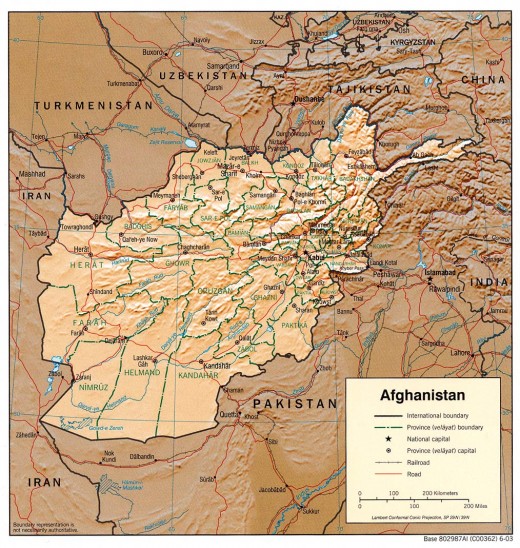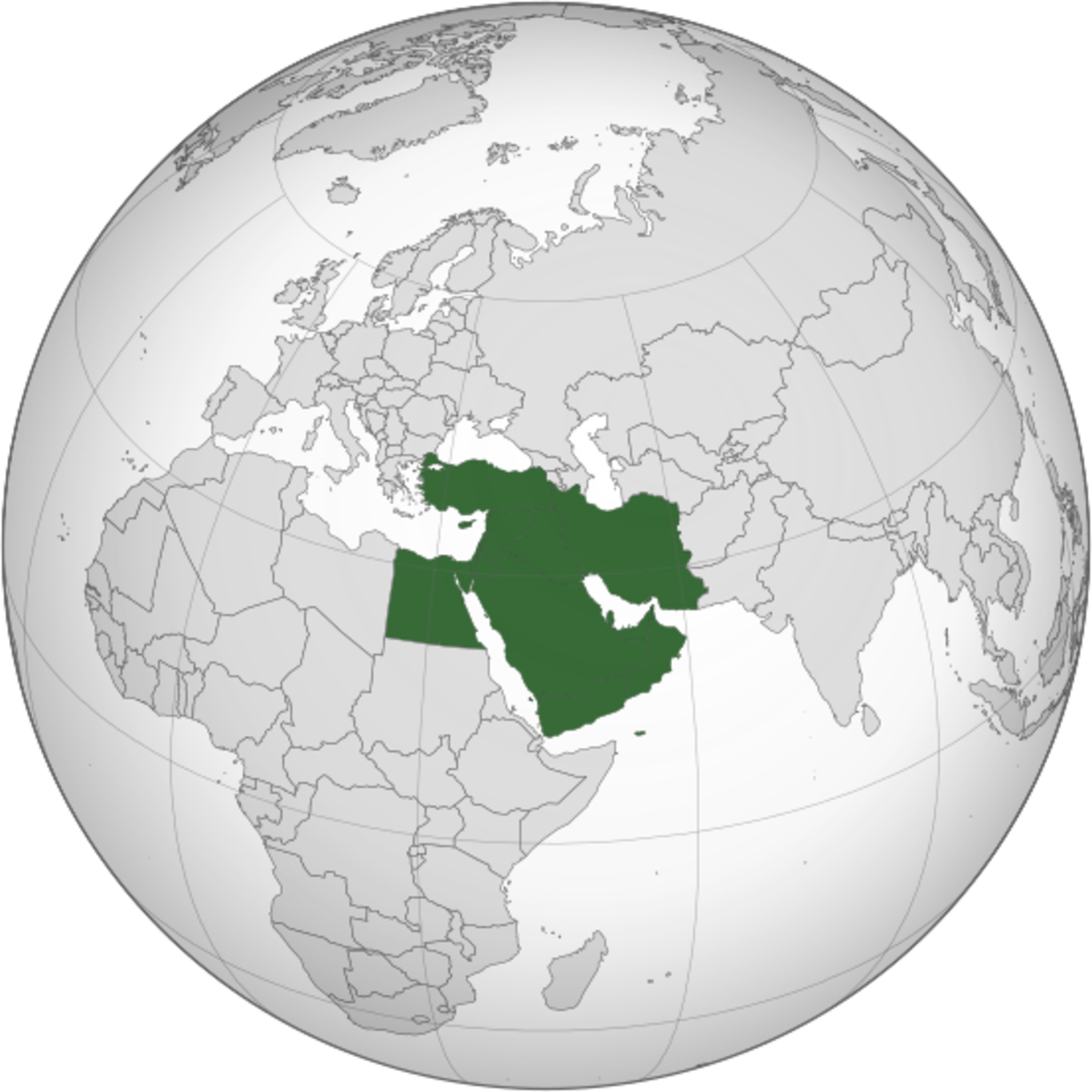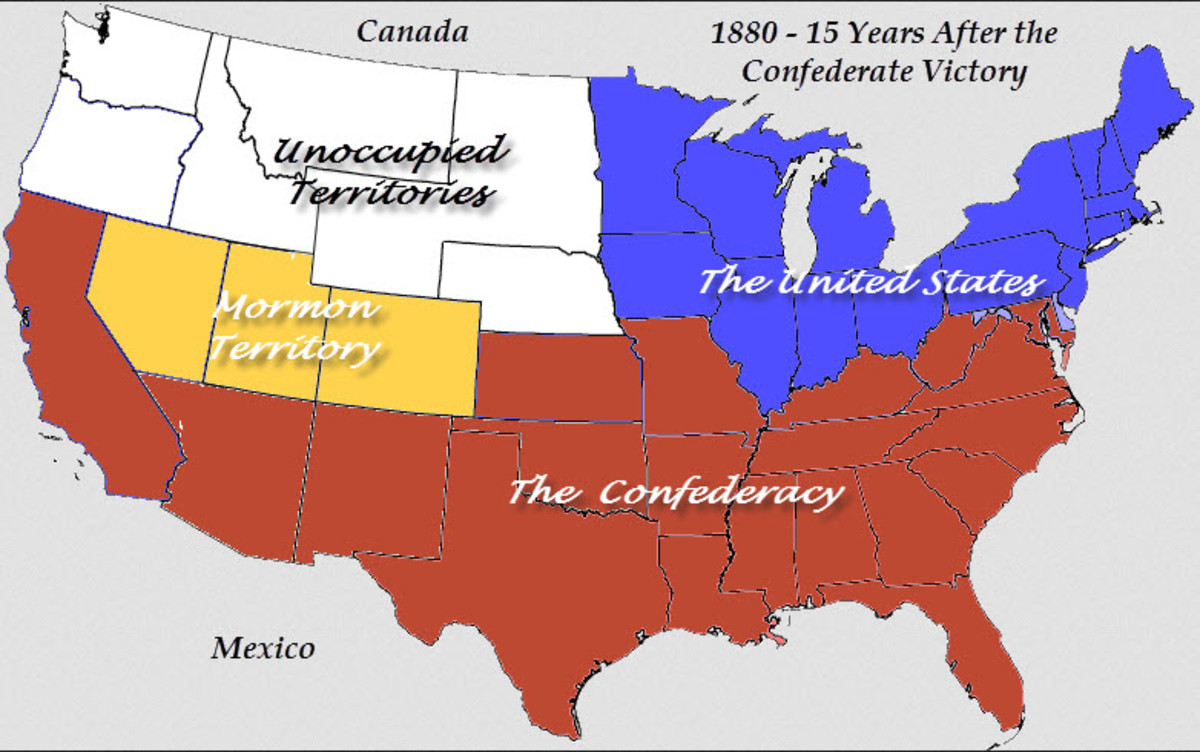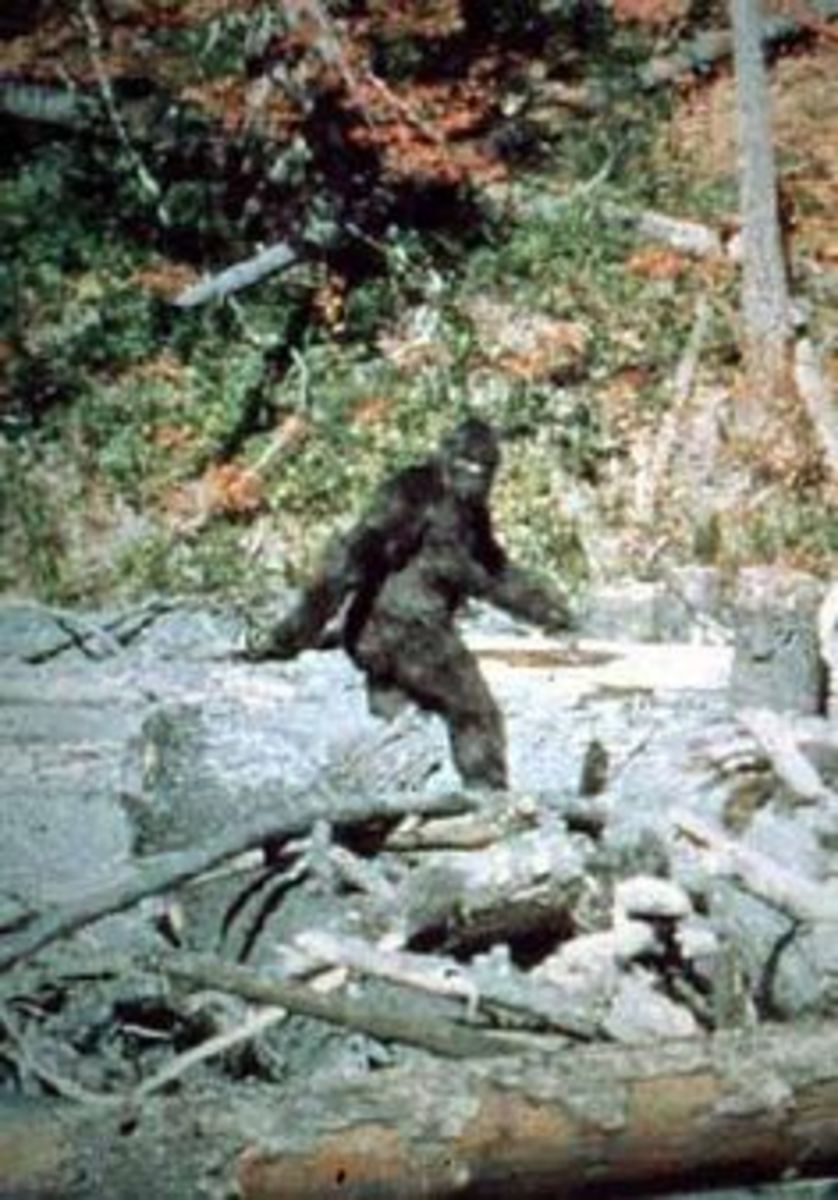- HubPages»
- Education and Science»
- History & Archaeology»
- History of the Modern Era
The Use of Afghanistan - 1980 - Present

The wrinkles of History
When one studies the history of Afghanistan, it is difficult to keep the centuries in order. This is because for thousands of years the people and culture have not progressed.
Whether one examines an event that occurred in 100 B.C. or 100 AD, whether year 1000 or 2000, Afghanistan is frozen in time. There has never been real progress.
The inventions, practices, of those not from Afghanistan exist as long as that culture is were present. When they depart, so does everything they brought with them. For Afghanistan is unchanging.
It is a fragmented piece of land which never was more than a 'rest stop' for conquering armies since its condition was obvious.
Over the centuries Afghanistan has been repeating internecine wars, broken by Invasions of outsiders. On and on over and again, the people fight each other until strangers arrive, then fight them. When those strangers leave, they go back to fighting each other.
Remarkably, despite the changes in the world, there has never been progress nor real change in Afghanistan.
In Two thousand years, (0 - 2000) the forty years between 1933 to 1973 remains the longest interval of stability in the history of Afghanistan.
Forty years of relative peace ended with assassinations and the usual state of chaos returned until 1979 when the Soviets invaded.
The Great Game Resumes
In an update of the 'Great Game' played between the British and Russian Empire, the United States has filled in for the Brits; the Soviets represent Russia.
The brief ten years the USSR was involved in Afghanistan was the most progressive in its history. If the United States had not armed insurgents but allowed the Soviets to modernise the county, Afghanistan might today have the semblance of a nation.
Unfortunately, ignorant of history, missing all the warnings, the intervention of the United States insured the usual chaos would reign.
The Soviets, as all those before them, packed up and left Afghanistan in 1989.
The normal chaos continued until the Taliban seized Kabul in 1996. By 2000 it controlled 95% of the country.
Taking giant leaps backwards from the reforms begun in the early 1900s, discarding the modernization by the Soviets Afghanistan returned to the same culture and practices it had for thousands of years.
If it was not for September 11th, the Taliban would have continued in control until overthrown by some other internal tribe. Unfortunately for Afghanistan, Osama Bin Laden used it as his locale. Had he set his 'headquarters' in another place, no one would notice Afghanistan.
However, as the most expendable spot on the planet, it was the best choice, for if it was destroyed by nuclear weapons there would be little impact on the world, save a shortage of opium.
Osama Bin Laden departed Afghanistan, leaving it to be attacked by the United States. It was and is a brilliant diversion. Designed to have the United States waste time, money and lives fighting a meaningless war where there is no winning.
America learned, as did the Medes, Persians, Mongols, Huns, British and Russians, that Afghanistan will always be a graveyard for anyone stupid enough to enter.
Waste
The United States entered Afghanistan in 2001 and departed in 2021. Twenty years and the achievements are...?
Alexander the Great passed through Afghanistan. He was intelligent enough to appreciate that to attempt a colony was a waste of resources. This was realised 300 years before the common era.
Roughly put, Alexander the Great recognised, 2,300 years ago, the nature of Afghanistan so wasted no resources.
In the 1200s, Ghengis Khan realised the nature of Afghanistan and expended little time and effort.
One could understand why the British Empire and the Russian Empire played their 'game' in Afghanistan. It was a meaningless plot of land from which nothing was needed. It was no more than a staging ground where they could practice their war craft without disturbing anyone or anything.
That the United States could have entered and remained, spending huge amounts of money and resources and lives for absolutely nothing whatsoever stuns.
Afghanistan today is not much different than it was when Alexander the Great entered.
To put it coarsely; nothing and no one of significance began in Afghanistan. Beyond Opium poppies there is nothing there.
Unlike nations who beg others to assist them to enter the modern world, Afghanistan locks its doors, comfortable in their stagnant world.






